While selecting the right wire mesh for a task, weight plays an essential role. Every square foot of wire mesh carries a certain level of mass, and this is paramount to take into account since it can influence the weight of the area or venture that it becomes integrated with. The heavier the wire mesh is, the more significant the mass of the overall structure will be.
Amongst the range of wire mesh weights, lighter models boast 28 gauge size while the 1/4 inch gauge strikes as the heaviest. Multiple variations of gauges exist in between the two extremities, each with its own impact on weight brought about by the type of metal used and the measurement of the wire.
Steel wire mesh, predominantly galvanized for corrosion protection, is a popular material found in many settings. It comes in several gauges, ranging from fine 28-gauge wire to sturdier 1/4-inch variant. Depending on the thickness of the wire, weight per square foot may vary greatly; for instance, 28 gauge steel mesh has an approximate sanitary weight of 2.2 pounds while 1/4 inch thick wire weighs about 11.5 pounds.
Apart from galvanized steel, mesh is also obtainable in different metals, for instance, stainless steel and aluminum. The former can be accessed in varied gauges, each bearing a distinctive weight. To wit, 28 gauge stainless steel mesh clocks in at 3.3-pound per square foot, whereas 1/4 inch aluminum wire is only half a pound for the same area.
Eyeing a specific purpose for wire mesh? Keep weight in contemplation too. Heavier the mesh, stronger, yet stonier the structure will be. And this is determined not only by how thickly the metal wire is, but moreover, the kind of metal used. Select the wire mesh that is apt to its requirement and notable for its heaviness.
Related Product
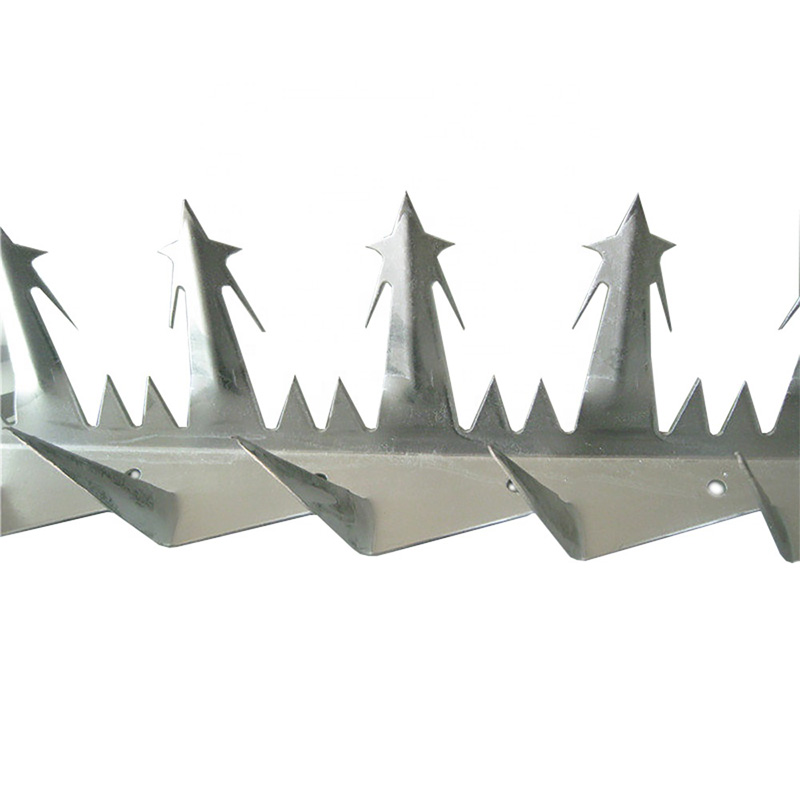
Anti Climb Wall Spikes
Product information: Big Sized Wall Spike Specification Type Big Sized Wall Spike A Big Sized Wall Spike B Model Number Anti-Climb wall Spikes Material HOT DIPPED GALVANIZED STAINL […]
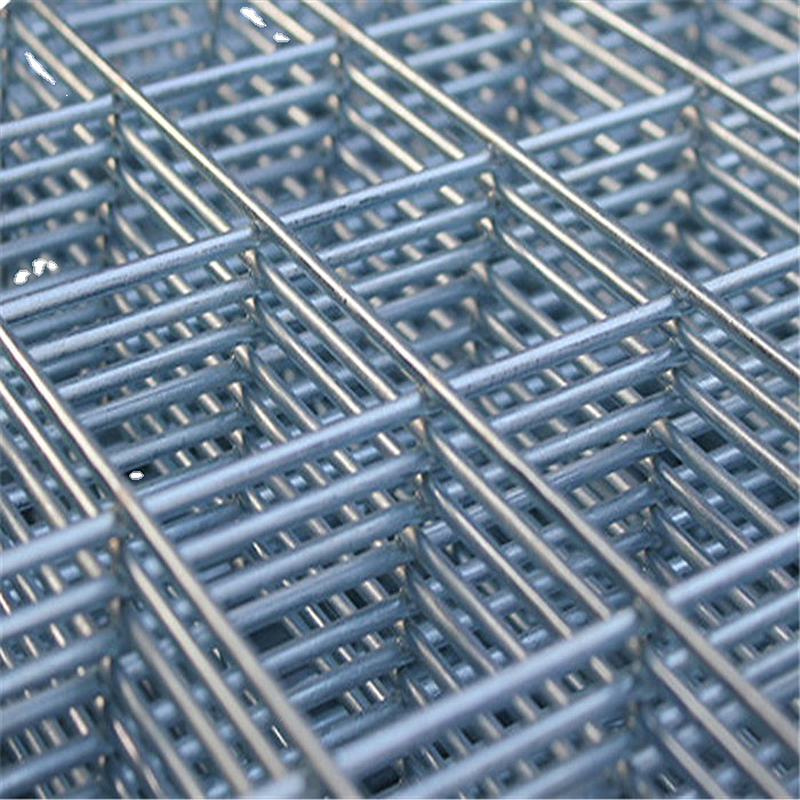
Welded Wire Mesh Panels
Product information: 1.Materials:Stainless steel wire, Low carbon steel wire, Galvanized wire 2.Style: (1)Electro or Hot dipped galvanized after or before welding; (2)Stainless ste […]

Dog Cage
Factory wholesale large metal multi functional dog cage kennel outdoor About the dog cage: * SAFE FOR DOGS – Our welded wire kennel offers safe protection for dogs of all siz […]
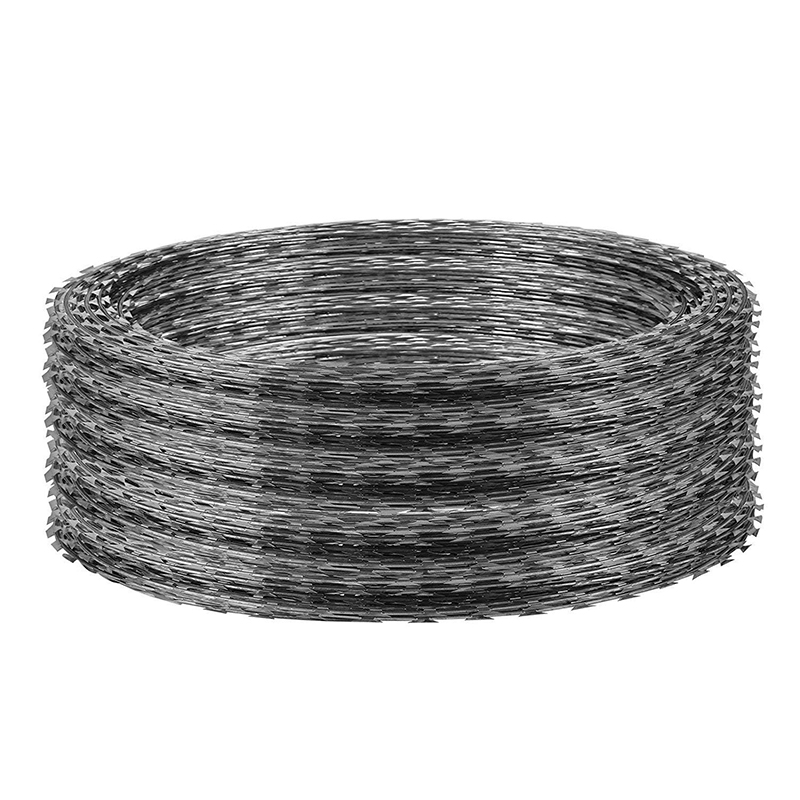
Razor Wire
Product information: Concertina Razor Wire is widely used for construction of high security fencing projects in military and national defence. We export directly and supply Razor W […]
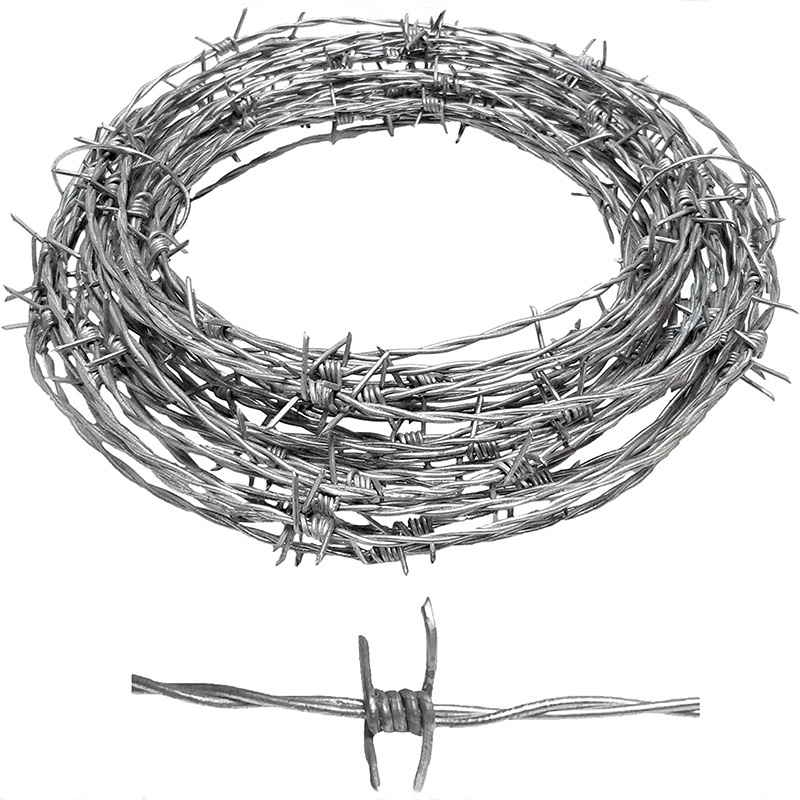
Barbed Wire
Product Information: Barbed Wire Material High quality low carbon steel wire, iron wire, etc. Category 1.Hot dipped galvanized 2.Electric galvanized 3.PVC coated Weving and Charact […]
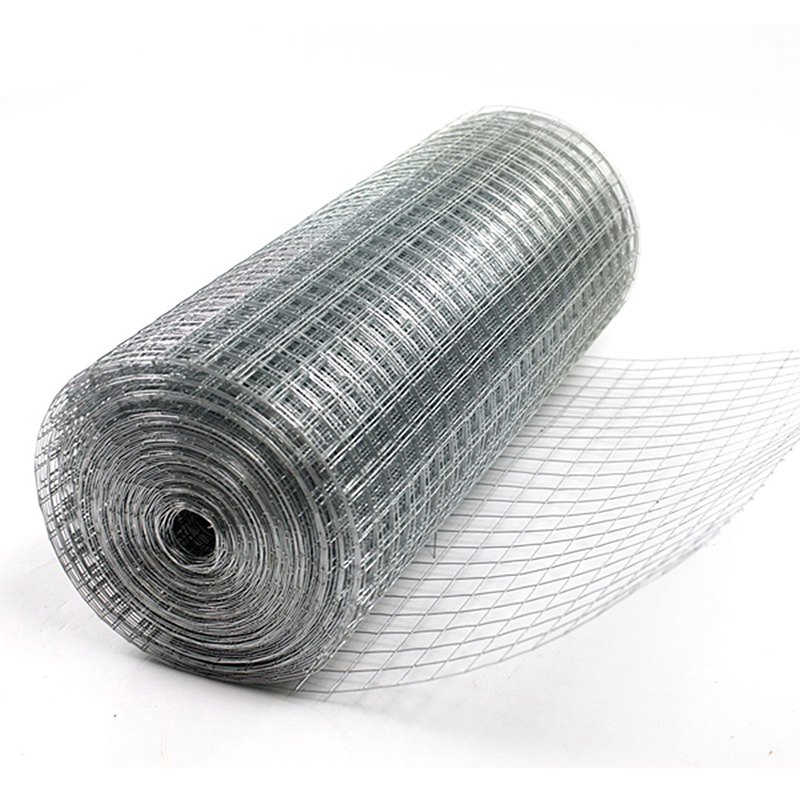
Hardware Cloth
Product information: Welded wire mesh is welded form superior low carbon steel wire and then galvanized or pvc coated or stainless steel wire and then welded. It features smooth su […]
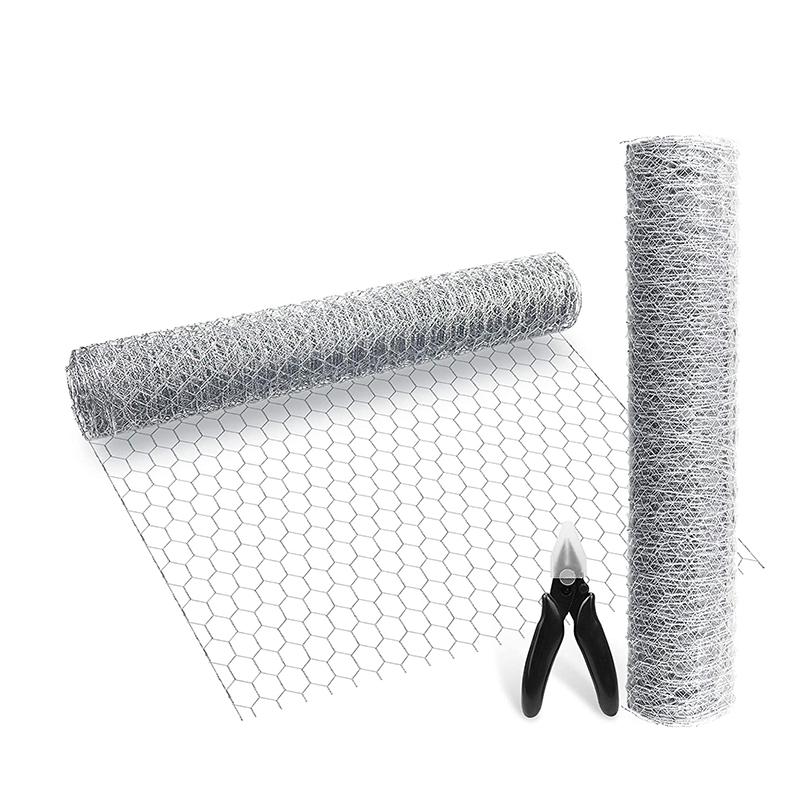
Hexagonal Wire Mesh
Product information: PVC Coated Hexagonal Wire Netting Mesh Wire Gauge (MM) Width Inch MM – – 1/2″ 13mm 0.6mm – 1.0mm 2′ – 2M 3/4″ 19mm 0. […]
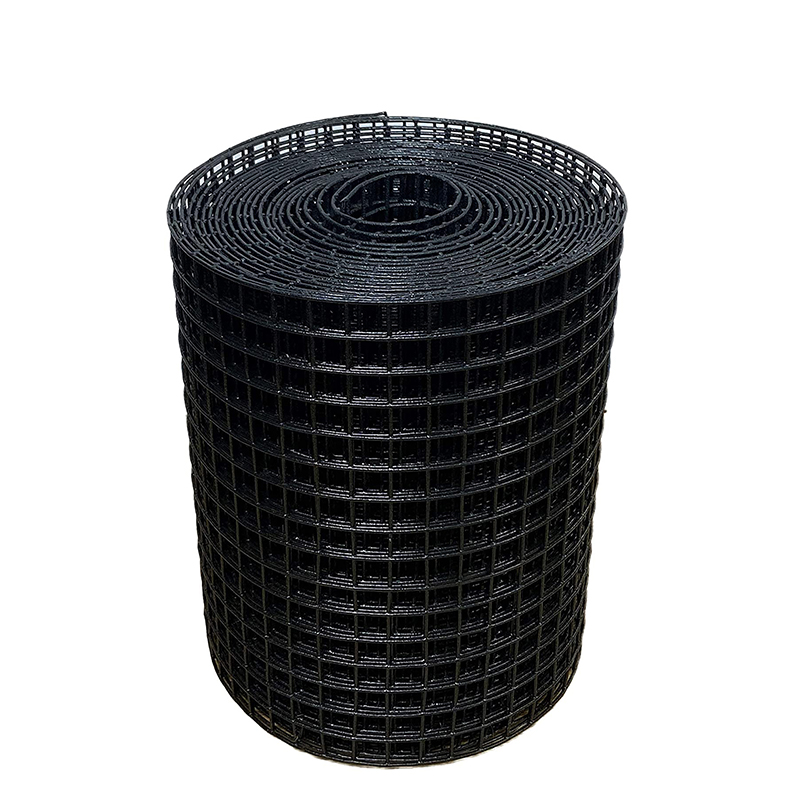
Pvc Coated Wire Mesh
Product information: PVC coated welded mesh Mesh size Wire diameter (in mm) Width&Length In inch In mm Before coating After coating Width:0.5m-2.0m Length:25m,30m […]
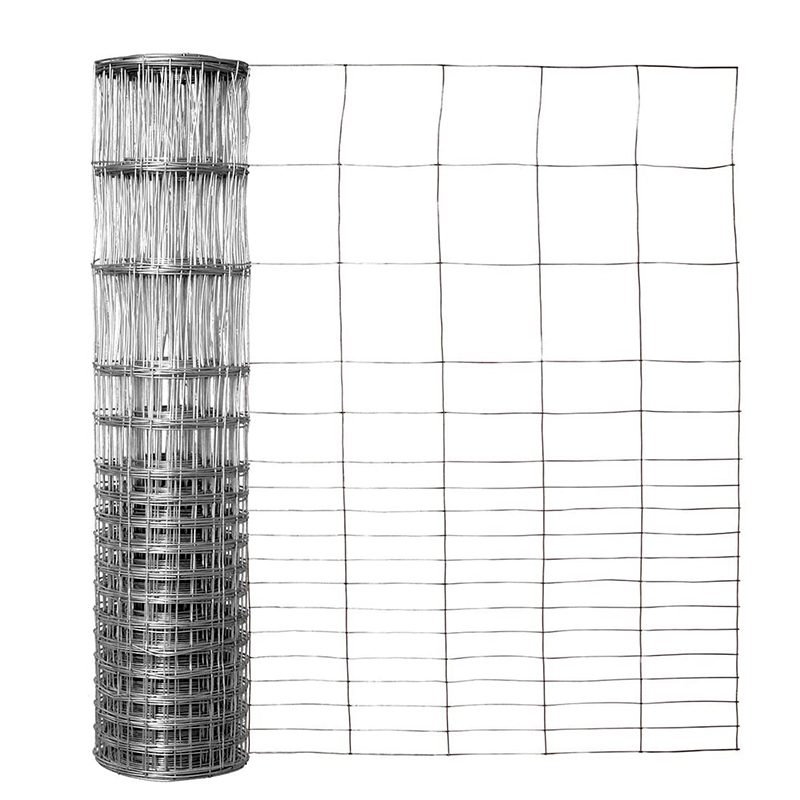
Hot Dip Galvanized Steel Field Fence
Product information: Field Fence also called Grassland Fence,Cattle Fence,Kraal Network Fence,Farm Fence is a widely used in America and Europe.Field fence is manufactured in a wid […]
Post time:2023-06-28

